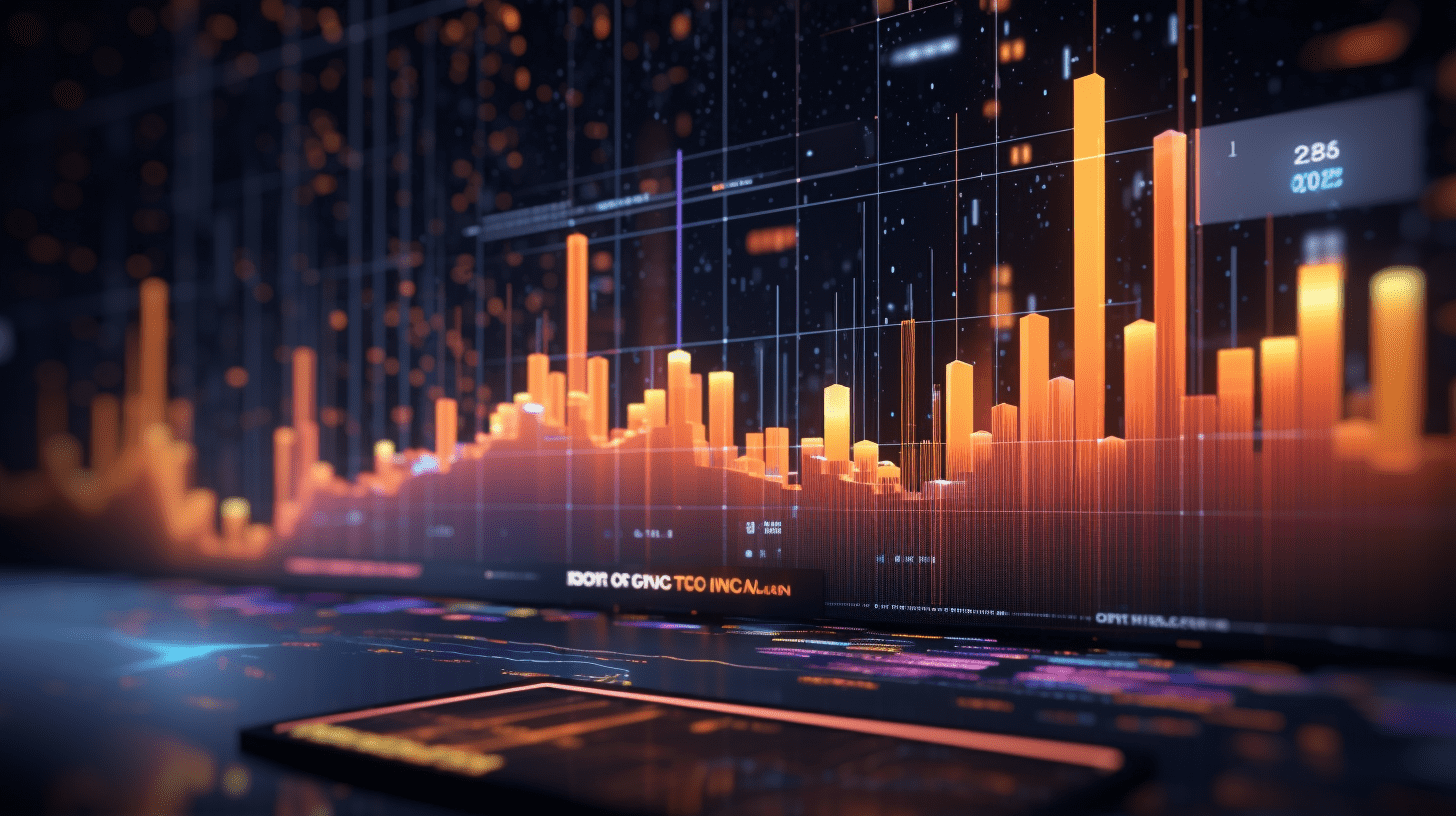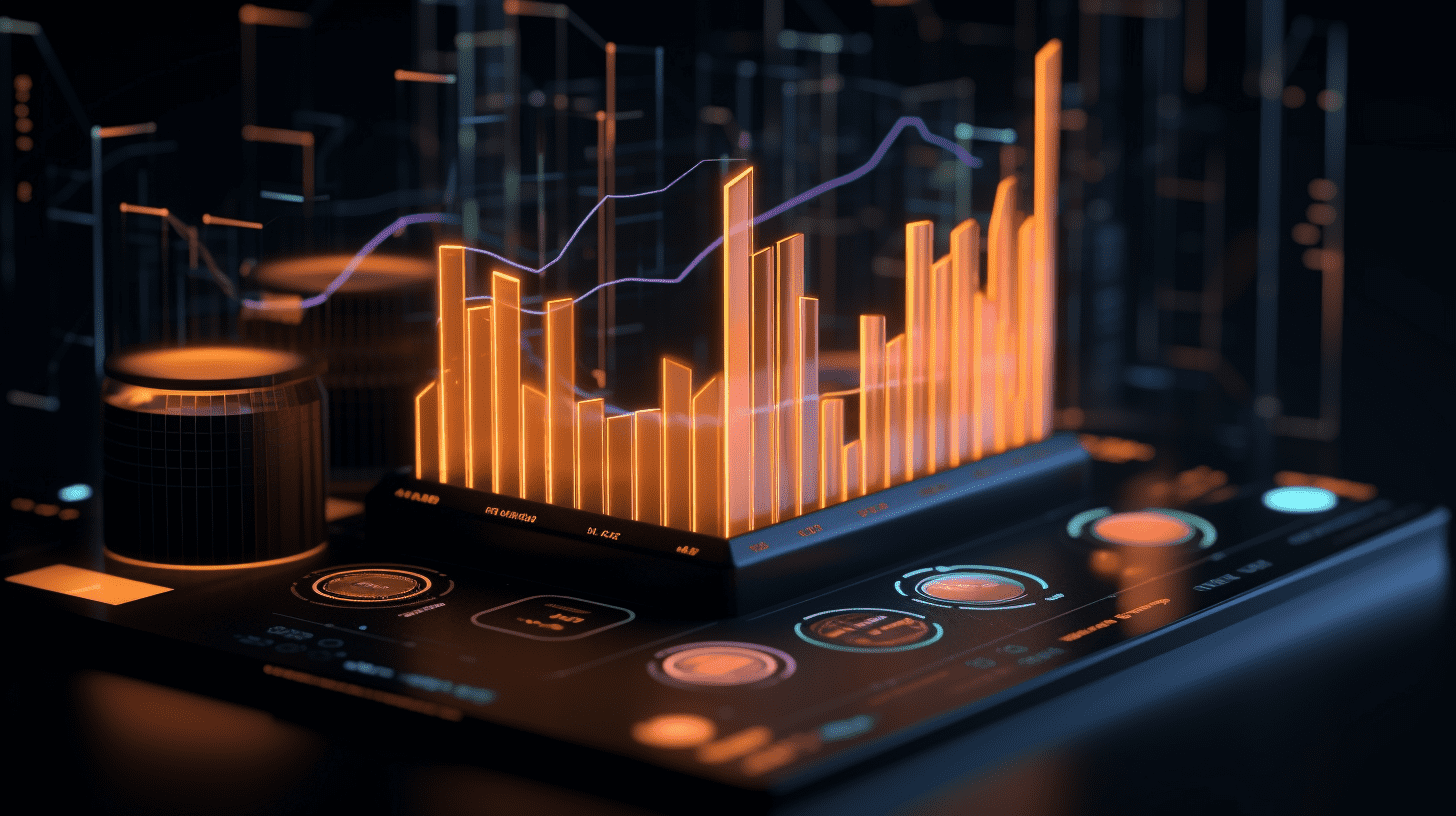Tariff and inflation concerns are lingering, U.S. consumer confidence falls to a three-month low.
Consumer confidence in the United States fell sharply in August, dropping to a three-month low.
Consumer confidence in the United States plummeted significantly in August, dropping to a three-month low, indicating that tariff-related uncertainty and inflation concerns continue to drag down economic prospects.
A survey released by the University of Michigan on Friday showed that the final consumer sentiment index for August fell to 58.2, below July's 61.7 and also lower than the preliminary figure of 58.6. The data shows that consumers expect prices to rise at an annual rate of 4.8% in the next year, higher than the previous month's 4.5%; expectations for inflation in the next 5 to 10 years are at 3.5%, slightly lower than the preliminary figure of 3.9% released earlier this month but still higher than July.
The report further pointed out that consumer anxiety about employment and the business environment has increased. About 63% of respondents expect the unemployment rate to rise in the next year, a proportion that is not only higher than the previous month but also significantly higher than the same period last year. Market expectations are generally that the August non-farm payroll report to be released next week will show that job growth remains moderate. Federal Reserve Governor Waller said on Thursday that he supports a rate cut in September and expects further easing over the next six months to help improve job prospects.
Consumer willingness to purchase durable goods and automobiles has significantly deteriorated. Joanne Hsu, director of the University of Michigan survey project, pointed out, "More and more consumers are mentioning high prices and tax/tariff factors, especially in terms of car purchase conditions, which have a particularly pronounced impact." This means that household financial pressure may further affect consumer spending, which is a major driver of economic growth in the United States.
However, another data released by the U.S. government on the same day showed that consumer spending in July increased by the largest margin in four months, supported by income growth. This data also reflects the impact of price pressure on consumer sentiment. The core PCE price index, excluding food and energy, rose to 2.9% year-on-year in July, the highest level since February.
The sub-indices from the University of Michigan show that the index reflecting future expectations fell to 55.9, reaching a three-month low, below the preliminary figure of 57.2; the index measuring current conditions also fell from the previous month to 61.7. The survey was conducted between July 29 and August 25.
Related Articles

Trump concept token WLFI listed today, testing a $30 billion valuation demonstrates the appeal of "political IP" in the cryptocurrency market.

Internal divisions in the Republican Party: Senators defend the independence of the Federal Reserve, while Vice President Vance takes a different stance.

By self-managing pension funds, cryptocurrency is flowing into Australia's $4.3 trillion savings pool.
Trump concept token WLFI listed today, testing a $30 billion valuation demonstrates the appeal of "political IP" in the cryptocurrency market.

Internal divisions in the Republican Party: Senators defend the independence of the Federal Reserve, while Vice President Vance takes a different stance.

By self-managing pension funds, cryptocurrency is flowing into Australia's $4.3 trillion savings pool.

RECOMMEND

EU Proposes Legislation to Enact Transatlantic Trade Framework by Eliminating Select U.S. Tariffs and Reducing Auto Duties to 15%
29/08/2025

Six Months In, WuXi Juno’s Revenue Just Exceeds RMB 100 Million as Commercialization of High-Priced Cancer Therapy Stalls
29/08/2025

Offshore Renminbi Briefly Exceeds 7.12 for First Time in Nearly Ten Months, Future Trajectory Under Scrutiny
29/08/2025


